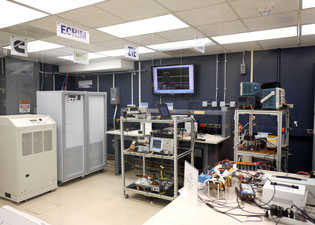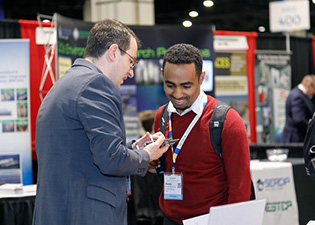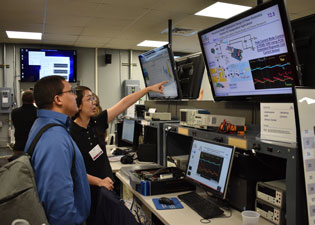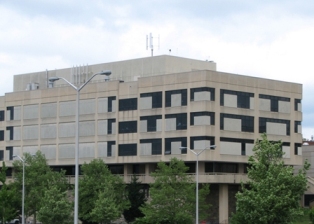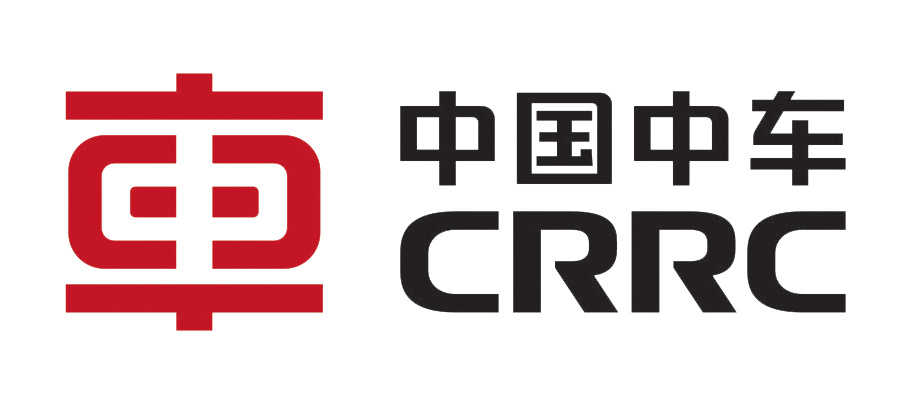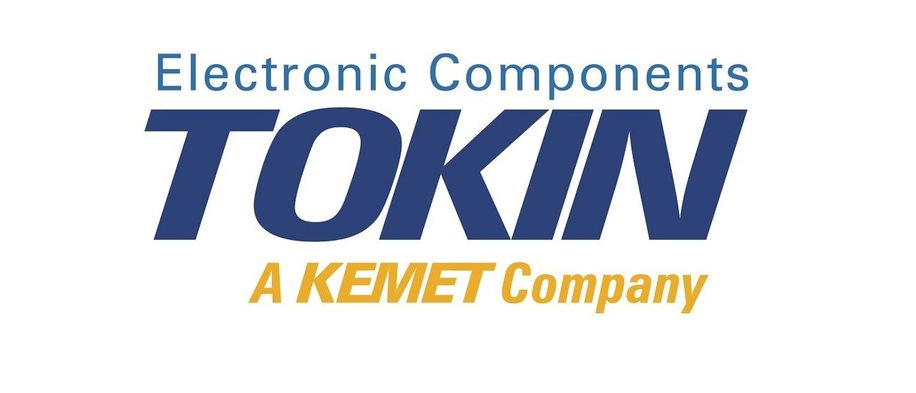LIBRARY
Yearly Annual Reports
CPES research outcomes are presented at the CPES Annual Conference and consolidated into an Annual Report. The CPES Annual Report includes research projects, nuggets, alumni, honors & achievements and publications conducted over the prior year.
For years prior to 2022 view our PDF Annual Reports.
2025 CPES Annual Report
National Academy of Engineering Members
Election to National Academy of Engineering membership is one of the highest professional honors accorded an engineer.
IEEE Fellows
IEEE Fellow is a distinction reserved for select members who have demonstrated extraordinary accomplishments in their field.
2025 Annual Report Collections
The Power Electronics program at Virginia Tech has a rich history that spans nearly five decades. It all began in 1977 under the visionary leadership of Professor Fred C. Lee as the Power Electronics Research Group. In 1983, the program evolved into the Virginia Power Electronics Center (VPEC), which became a Technology Development Center in 1987, supported by the Commonwealth of Virginiaâs Center for Innovative Technology. In 1998, VPEC, together with faculty from four leading universities, formed the Center for Power Electronics Systems (CPES), the first U.S. National Science Foundation (NSF) Engineering Research Center (ERC) on power electronics. Since the end of NSF ERC funding in 2008, CPES has continued to grow at Virginia Tech, solidifying its status as a world leader in power electronics research, education, and industry collaboration.
As we look to 2025 and beyond, CPES is deeply committed to its mission: providing global leadership through collaborative research and education to create advanced electric power processing systems of the highest value to society. This mission is more relevant than ever as the world moves toward a future defined by electrification and sustainable energy solutions. From small battery-powered electronics to large-scale electrical distribution and transmission systems, our research impacts systems of all sizes, and our commitment to improving electrical power processing and distribution remains at the core of our efforts.
As such, the CPES Power Management Consortium (PMC) continues to make notable technological advancements for a wide array of applications including those seeing explosive growth like data centers and EVâs. We are also pushing the boundaries of innovation in high-power electronics through our High Density Integration (HDI) Consortium, where we explore cutting-edge materials, components, and the integration of active and passive devices and converters, which are critical for the future of power electronics. Looking ahead, CPES continues to expand its research enterprise into higher-power levels through the Wide Bandgap High Power Converters and Systems (WBG-HPCS) Consortium, where building on CPESâ 40+ years of expertise, researchers investigate the development and integration of higher-power electronics at the power grid level.
The continued success of CPES is made possible by our dedicated faculty, students, and industry partners, who work together to drive innovation and shape the future of energy systems. As we enter a new era of electrification, we are proud to be at the forefront of this transformation. Our research not only enhances the performance and efficiency of existing systems but also lays the groundwork for the next generation of energy technologies.
Thank you for your continued support and collaboration. Together, we are leading the way and unveiling the many advantages of a more electrified society and future.


